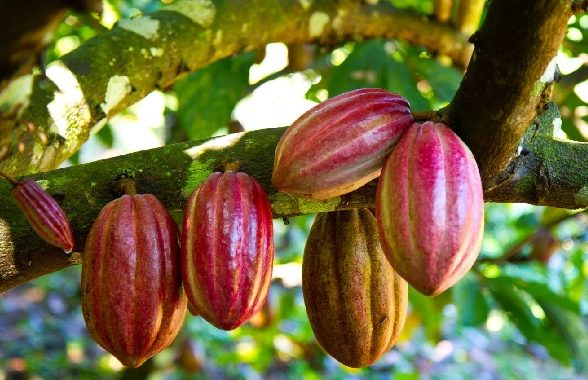Farmers, aggregators in Northern Region fight government over approval of commercialization of 14 GMO foods

Few hours after the General Agricultural Workers Union (GAWU) called on the government to address pressing issues within Ghana’s agricultural sector rather than pushing for the commercialisation of genetically modified products, the Commercial and Small-Scale Farmers and Aggregators in the northern region are up in arms against the government’s decision to approve the commercialization of some 14 Genetically Modified Organism (GMO) foods comprising eight maize and six soybean variants in Ghana.
It will be recalled that, two weeks ago, the Ghana National Biosafety Authority (NBA) approved the commercialization of 14 novel genetically modified (GM) products, comprising eight maize and six soybean products, saying, the decision marks a significant milestone in the country’s strategic utilization of biotechnology to enhance its agricultural sector, catering for local food demands, nutrition requirements, and potential exports.
However in a media briefing held in Tamale pn 5th April, 2024, the CEO of Agrofredina and an executive member of the aggregators association in the Northern Region, Mr. Fedrick Saah explained that, there are more pressing issues such as efficiency in the agriculture industry in Ghana rather than commercializing and promoting GM products.
He said the reason why there is low output in this country is that, “the government is not looking at the inputs that we need as farmers, when they are not looking at water availability, transport, roads to farming communities, our irrigation system has not improved, and they are not looking at the land issues including land preparation, fertility among others. These are the real problems of the agricultural sector in this country for years.”
Fredrick Saah highlighted that, GM foods are artificial and formulated in the laboratory hence the farming activities is going to be controlled by the foreign organizations that have the technology to produce the seeds and that will make farming even more expensive.
He added that “GM seeds cannot be reproduced after harvesting therefore the farmer has to wait for the producers to supply them again, so the year that the GM seed producers don’t provide the seeds it means there will be no farming activity thus hunger in the country.”
The group vowed to fight with all their might to ensure that the government reverses the approval since the new approval will render the Ghanaian agriculture sector useless and handicapped.
Read full statement below:
One major concern is the potential long-term effects of GM products on human health and the environment. Critics argue that the safety of GM foods isn’t definitively established, with fears of unforeseen consequences on biodiversity and ecosystems.
Questions also arise about control and ownership of GM seeds, impacting smallholder farmers and traditional practices.
Another critical issue is the socio-economic impact of GM technology.
While it may boost productivity, critics worry about power consolidation among large corporations, potentially sidelining small-scale farmers and worsening sector inequalities.
The lack of independent research and transparent risk assessment raises doubts about the safety and efficacy of GM products. Without robust regulation and public engagement, critical issues may be overlooked.
Ghana should adopt a cautious and inclusive approach, prioritizing thorough risk assessments, independent research, and ongoing monitoring. Engaging with stakeholders is vital for trust and transparency. Balancing innovation with addressing concerns ensures responsible and sustainable biotechnology adoption, safeguarding people, the environment, and future generations in Ghana.
In conclusion, we Ghanaian farmers do not accept the decision and will not allow GM products penetrate through our markets.
Source: rainbowradioonline.com





